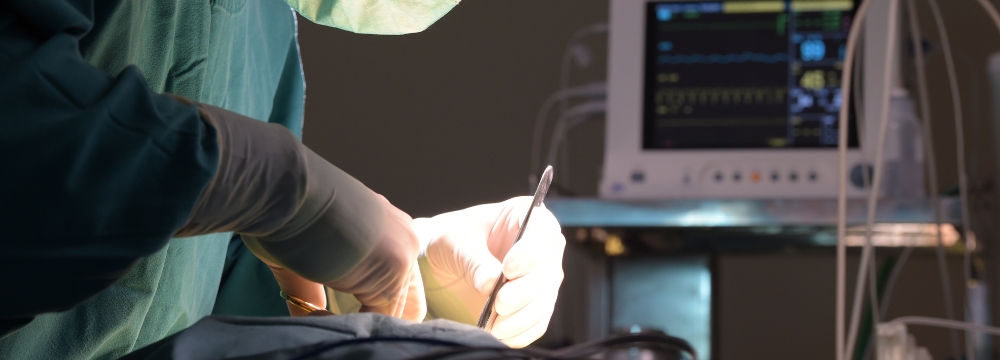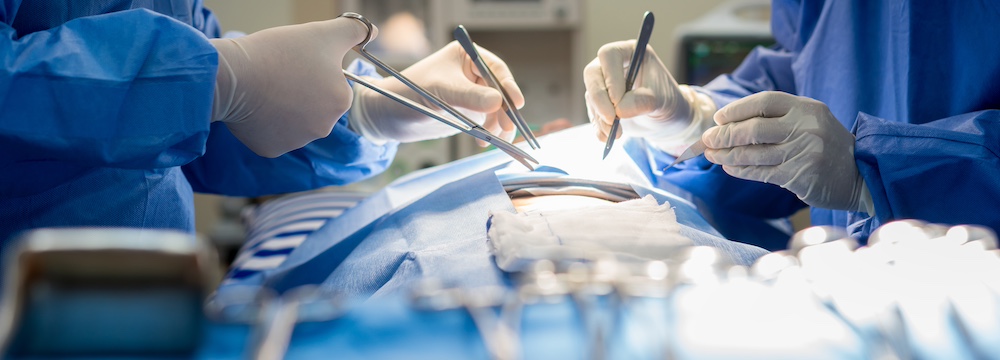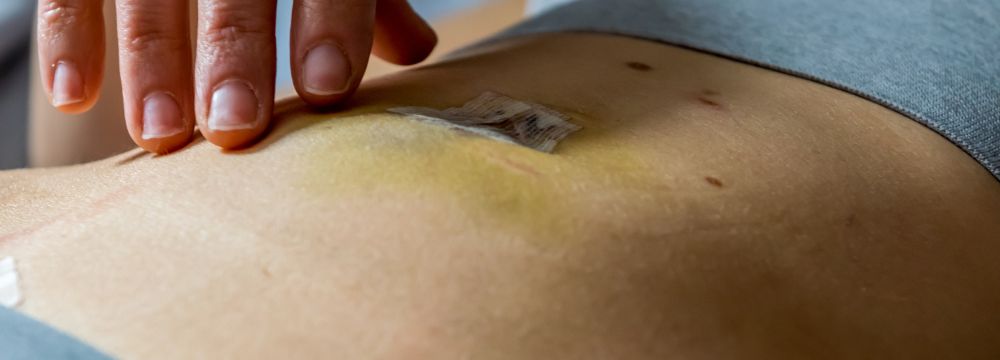Hernia
Over the years, mesh hernia repairs have become the gold standard in repairing hernias simply because… mesh works! In the days when we used conventional suture repairs, back before we had the current crop of advanced meshes, the risk of a recurrent hernia (one that reopened) was significant. This recurrence was because of the significant pulling force or tension placed on the tissue to close the hernia defect. This is only exacerbated by intraabdominal pressure caused by excess abdominal fat or activities such as weightlifting, coughing, or even sneezing.
Today, hernia mesh is thinner and more advanced than ever. Along with these advances in technology has come longevity as well. The customized nature of today’s hernia meshes means we can accurately predict the body’s inflammatory response and choose a mesh that best suits the patient. As such, it is common to see the mesh last for the rest of the patient’s life, with less worry of migration or curling. We are closing hernia defects with far fewer complications than ever before.
What About Biologic and Absorbable Meshes?
Of course, we can’t discuss the longevity of meshes without absorbable and biologic meshes. Absorbable meshes, as the name suggests, are absorbed into the surrounding tissue over time, leaving no synthetic mesh behind. While these can benefit someone who does not wish to have a foreign object implanted in their abdomen, they are also significantly more expensive. Further, they do not provide the extra layer of protection that a synthetic mesh does. However, assuming the inflammatory response is sufficient, and the patient takes good care of their surgery, we can expect this repair to last for a long time.
Biologic meshes are those derived from animal tissue instead of using synthetic mesh. These are typically used when the area is infected or the patient cannot tolerate a foreign object. Biologic meshes are also costly but eventually get absorbed into the surrounding tissue leaving just scar tissue to cover the hernia defect. Much like absorbable meshes, they leave a less resilient closure but, with reasonable care, can last.
Ultimately, any conventional, biologic, or absorbable mesh repair aims to create a permanent fix to reduce the risk of recurrence. These days, due to the progressive improvements in mesh technology and constantly improving technique, recurrence is very low, making the typical synthetic mesh hernia repair very successful and the preferred course of treatment.
So, there you have it! Hernia mesh can last for the rest of your life. Of course, your surgeon will explain any possible complications associated with hernia repair and specific considerations of the mesh used for your repair. However, it may be comforting to know that the meshes we have today are the most resilient, compatible, and long-lasting we’ve ever used.
For more information about hernia mesh and hernia surgery, we ask that you schedule a consultation with either Dr. Huguet or Dr. Peterson to understand your options and decide how to proceed.











